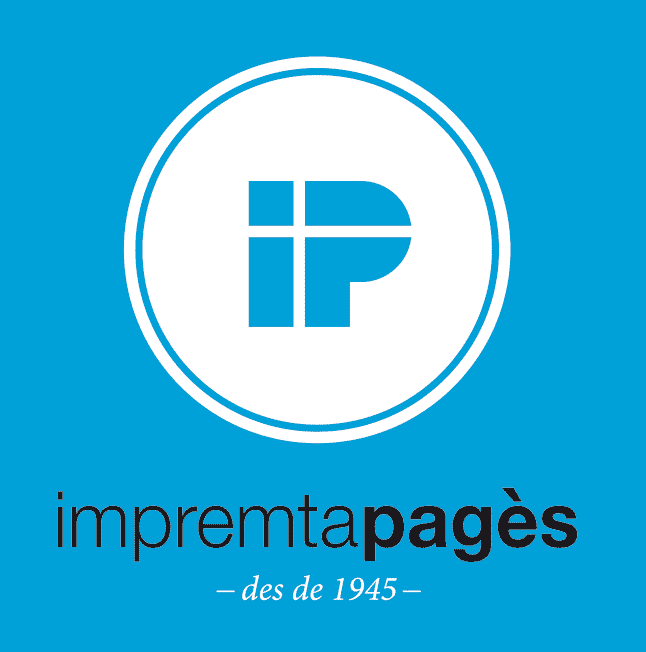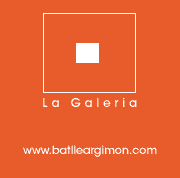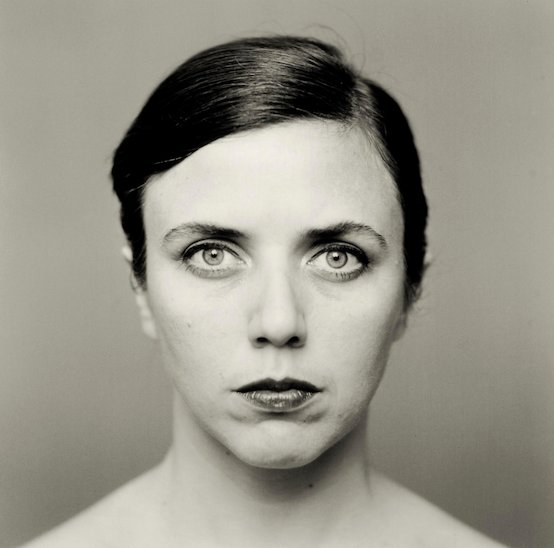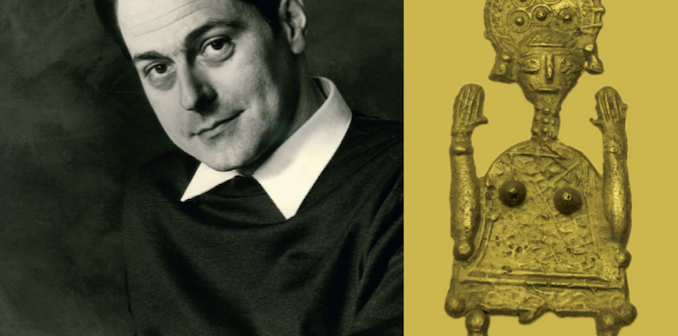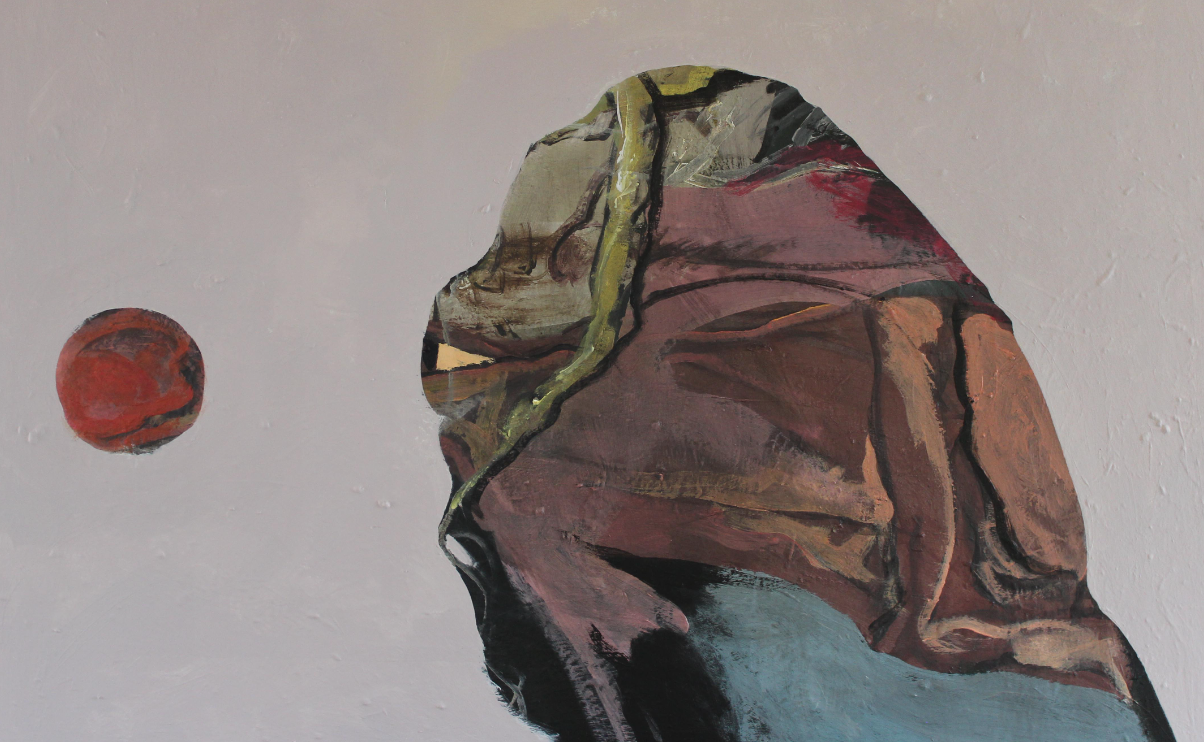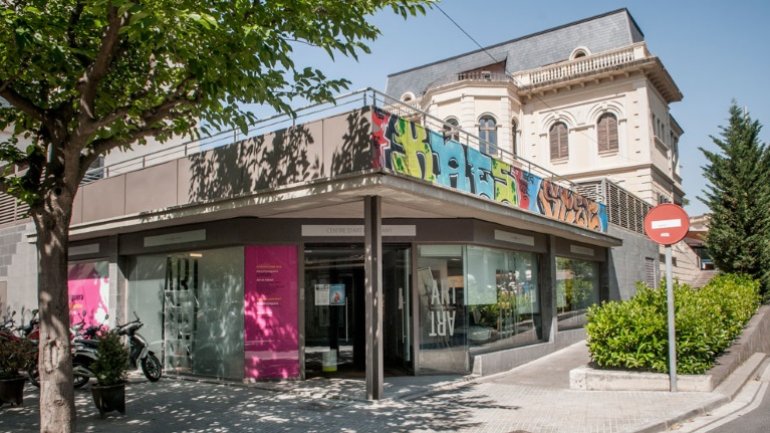news
The CCCB celebrates 30 years with an international residency program with Patrick Radden-Keefe and Eliane Brum
The institution commemorates the occasion with AI installations, a musical party and an open day
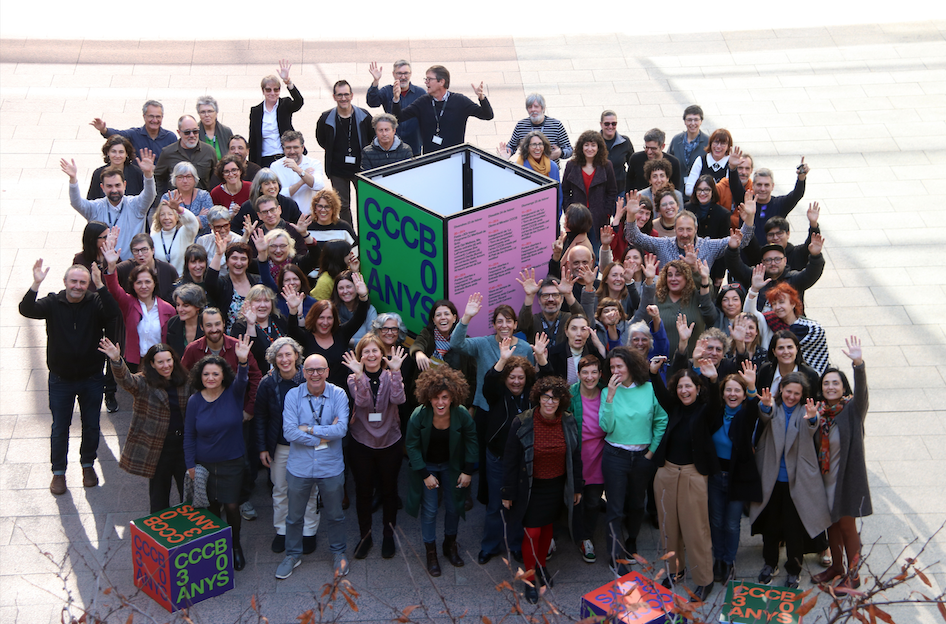
The Center for Contemporary Culture of Barcelona (CCCB) presented this Wednesday the activities commemorating the institution's 30 years. From Friday to Sunday, the CCCB will offer an open day full of activities such as a musical party with DJ Meritxell de Soto, a concert by Carles Viarnès with visuals by Alba G. Corral, a conversation between the philosopher Carolin Emcke and scientist Ricard Solé and two installations created with Artificial Intelligence. As part of the anniversary, a program of international residencies will be promoted until 2026 with nine global figures of thought and creation such as investigative journalist Patrick Radden-Keefe or climate activist journalist Eliane Brum.
From February 23 to February 25, the 30 years of the CCCB will be celebrated. Friday will be the turn of the <3Or tresor Party, scheduled by DJ Meritxell Soto, which will start with an open jam hosted by Opi Melissa.
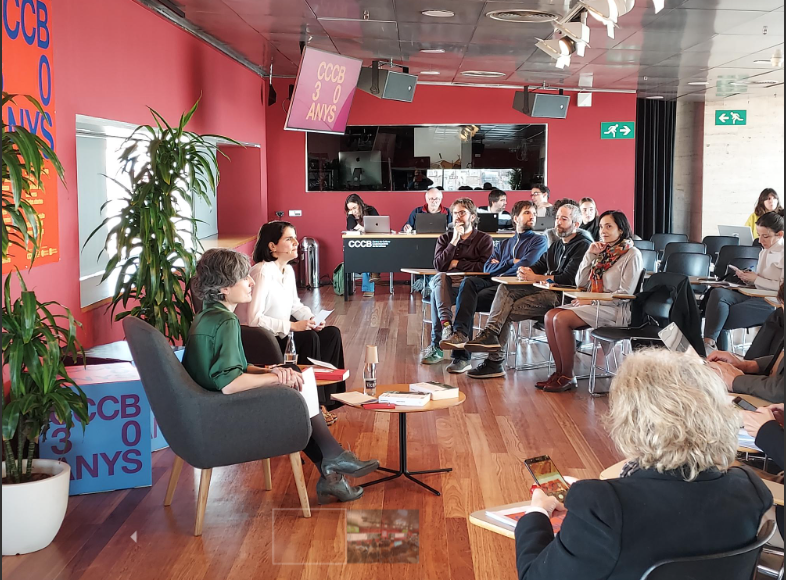
The doors to the exhibition AI: Artificial Intelligence will be opened simultaneously, on the history, operation, creative possibilities and ethical and legislative challenges of AI today.
Saturday's highlight will be the opening of The Infinite Conference and Question Round. These are two artistic installations created by the Estampa collective based on contents of the CCCB Archive.
The Infinite Conference will have the participation of thirty names from the world of thought such as Laia Abril, Carlota Subirós, Borja Bagunyà, Mohamad Bitari or Alexandra Laudo. All together in a reflection on the past, the years to come and the roles of machines.
In fact, the installations will play with the possibilities of AI: every day, for a whole month, an AI model trained with content from the CCCB archive compulsively writes a lecture over the course of eight uninterrupted hours. The installation will be activated every morning based on the title suggested by a thinker, a scientist or a creator under the slogan of provoking a reflection on the issues that will concern citizens in the next 30 years.
Question turn, will consist of a mosaic of screens from which the public can formulate a question about the issues that the CCCB has dealt with throughout its history. An AI model will be responsible for answering these questions in accordance with the knowledge accumulated by studying the institution's archive.
Saturday's program will be completed with the conversation between Carolin Emcke and Ricard Solé where they will formulate questions related to life and death, language and memory, imagination and truth. Saturday night will end with a concert with two hyperorgans built especially for the occasion. The musician Carles Viarnès will play the two instruments through keyboards and sequencers, which will be linked in a digital environment. This universe will enter into dialogue with the work of the visual artist Alba G. Corral.
The concerts will be open to the public but with limited capacity. The rest of the activities require prior registration.
With regard to the international residency program, carried out with the private Mir-Puig Foundation, the residents will work for a period of three months with the aim of generating joint projects, enabling links with the thinkers and institutions of the city and promoting the its incorporation into Barcelona and Catalan cultural life. This program has a budget of half a million euros.
30 years of the CCCB
From 1994 to 2024, the CCCB has gathered more than 5.6 million visitors to the exhibitions, 5.3 million to the activities and has 2,583 friends of the CCCB. There have been 186 exhibitions, 6,700 activities and 261 itineraries and co-productions and 303 publications.
The director of the CCCB, Judit Carrera, has explained that this weekend they will celebrate the "successful model" of the institution. Carrera applauded that the CCCB is more "valid than ever" because it has evolved just as the world has. However, he said that the center's vocation to encourage a critical debate about the contemporary world with different formats "is more necessary than ever".
The main duty of the CCCB for the future is to consolidate itself as a space for public and plural debate. "It is more necessary than ever when the world has become more complex, uncertain and divided," he explained. To manage this context, Carrera has said that spaces that generate meeting, reasoned and plural debate and with different perspectives are essential.
Despite applauding the "successful model" of the CCCB, Carrera recalled how the institution suffered during the covid-19 pandemic and with the budget cuts that arose in Catalonia from 2011-2012.


